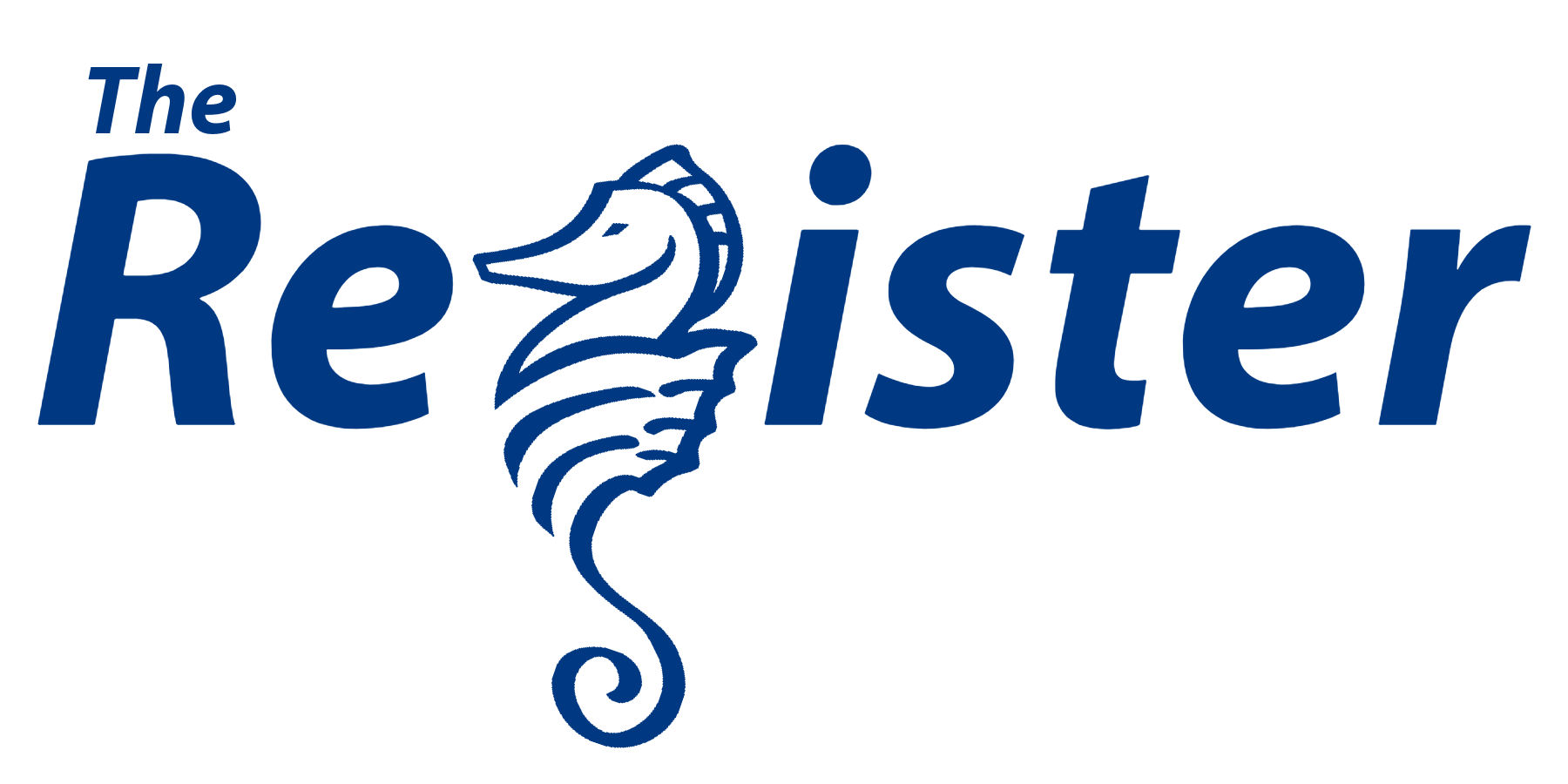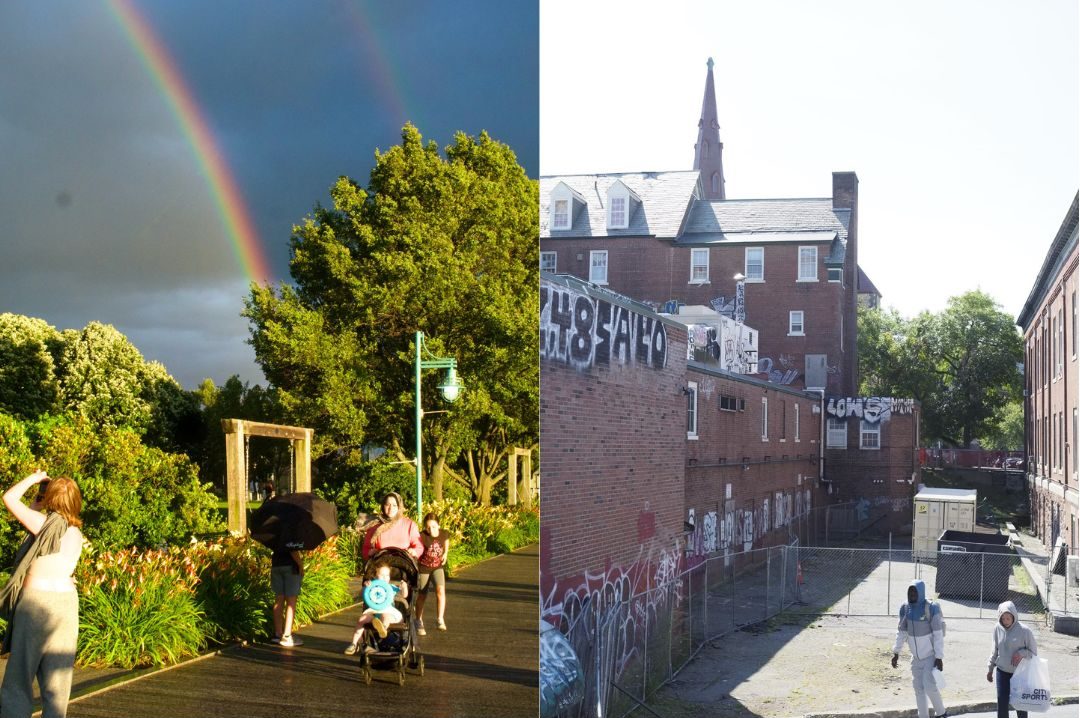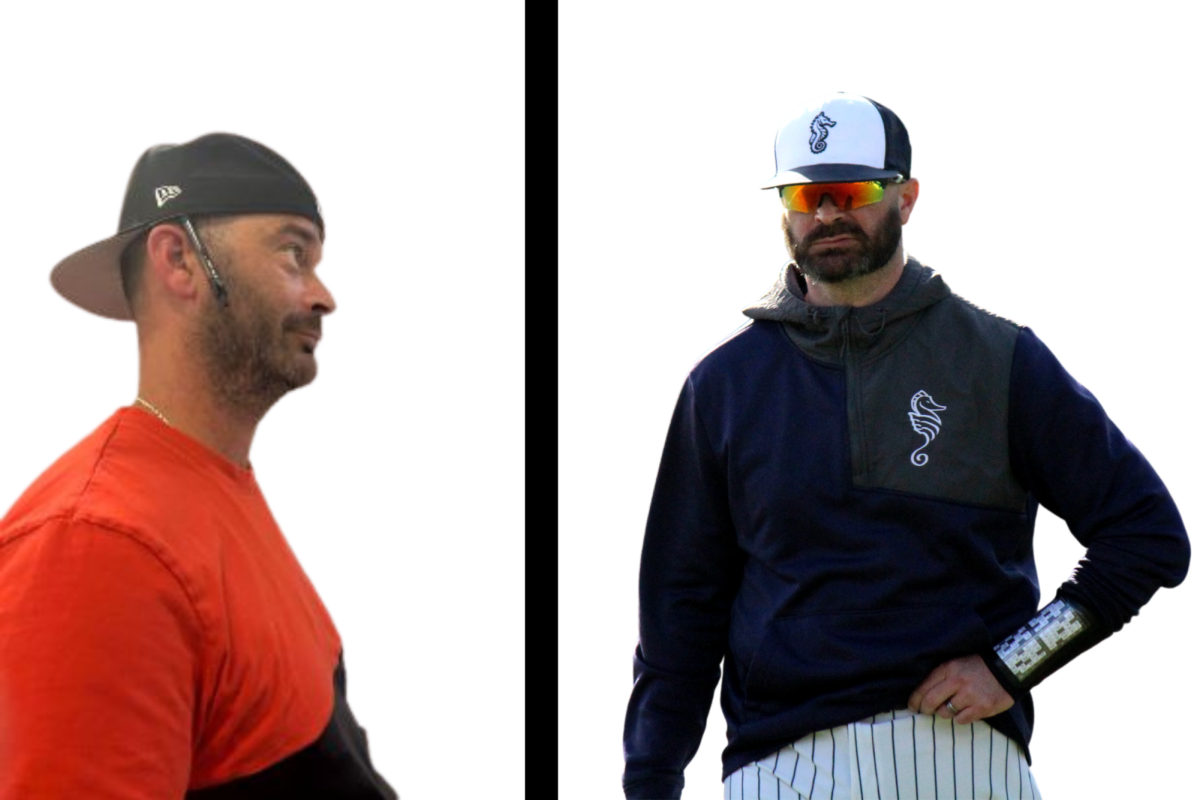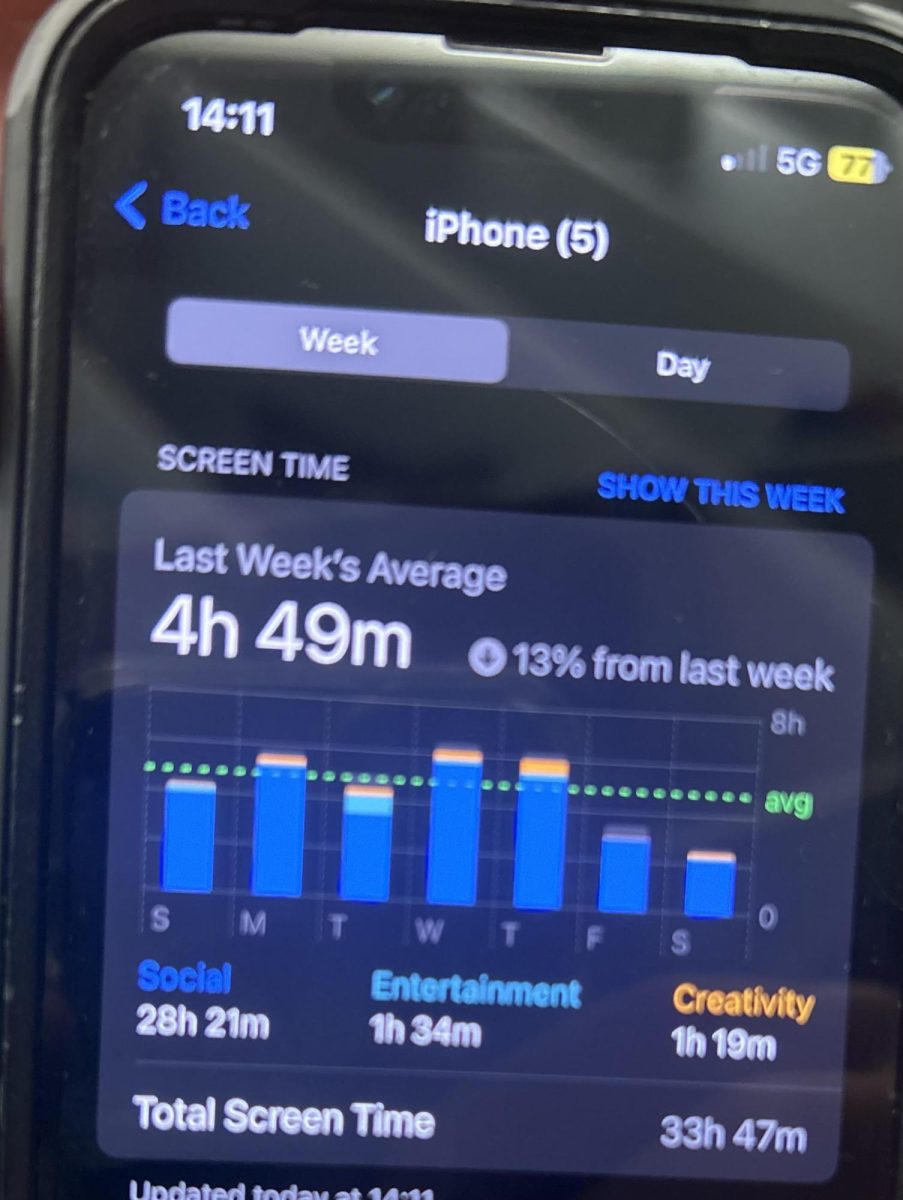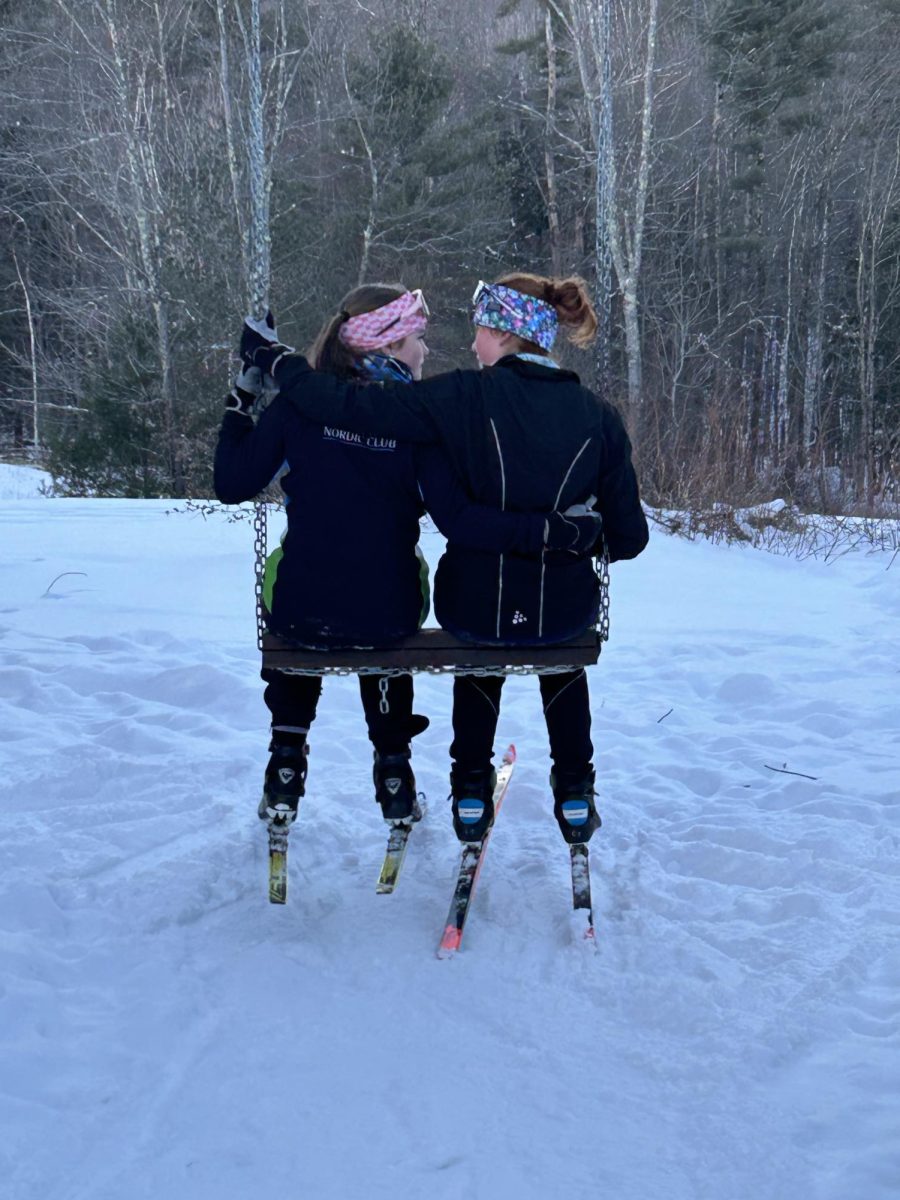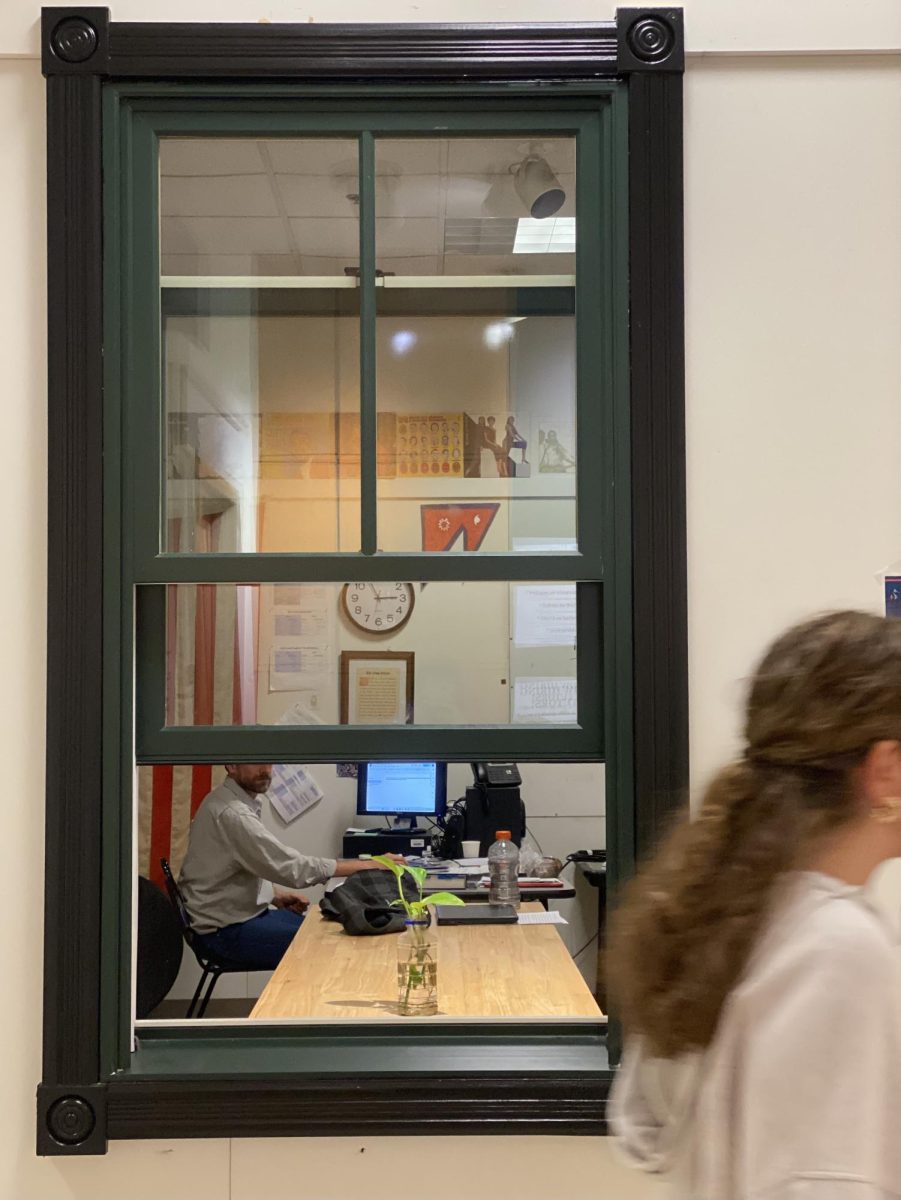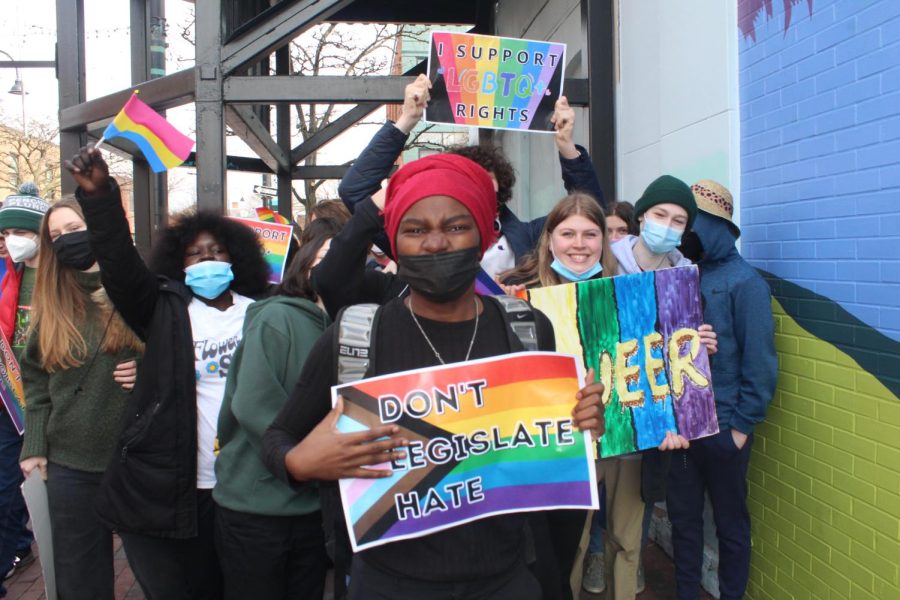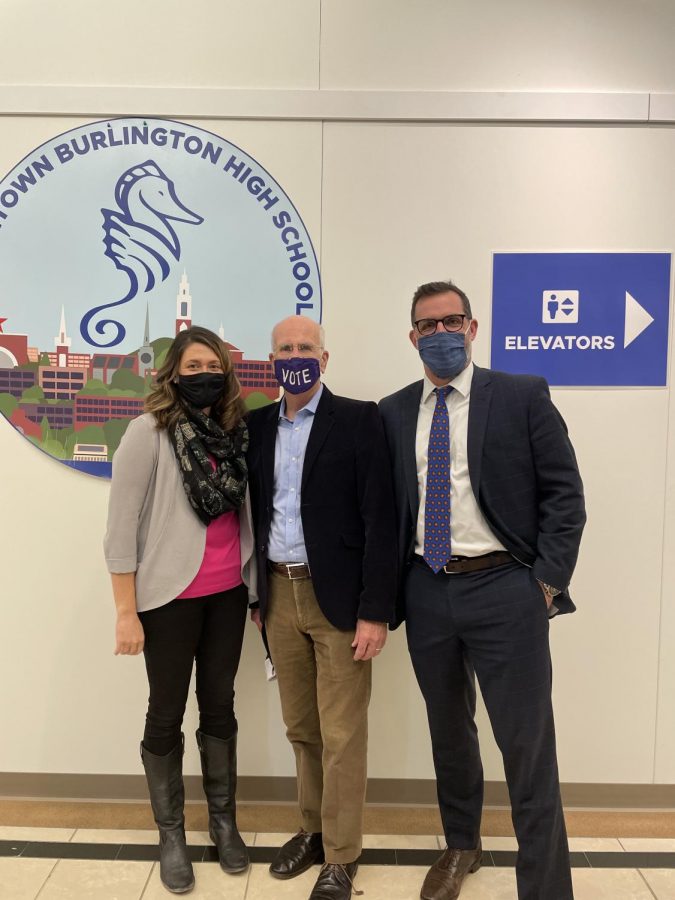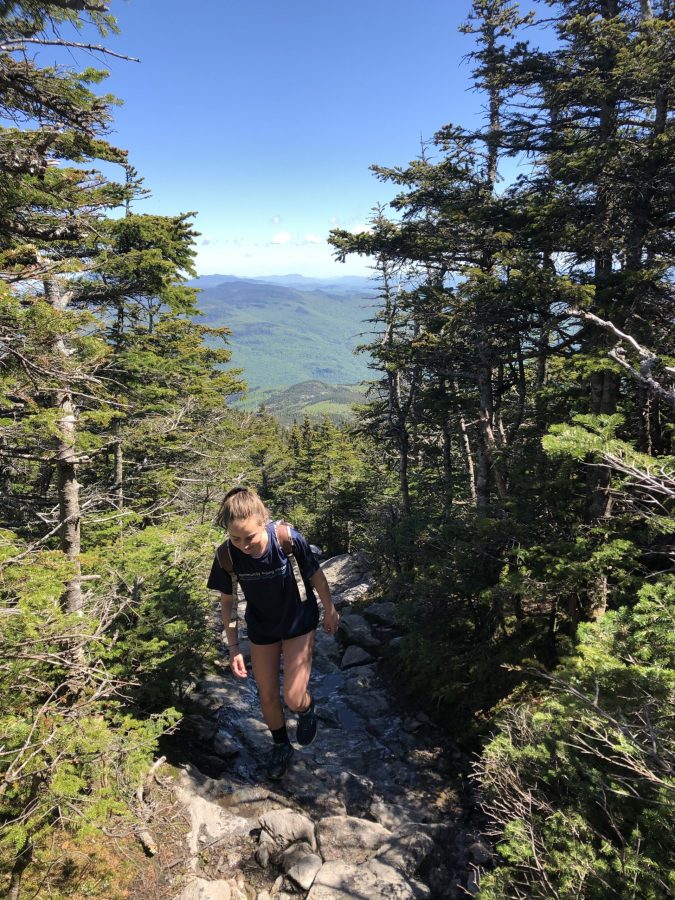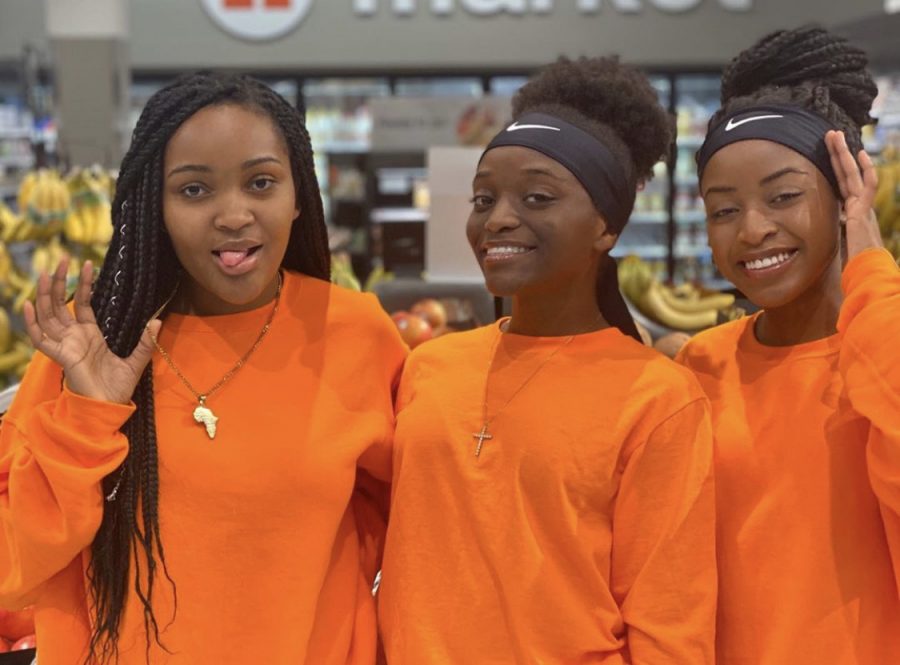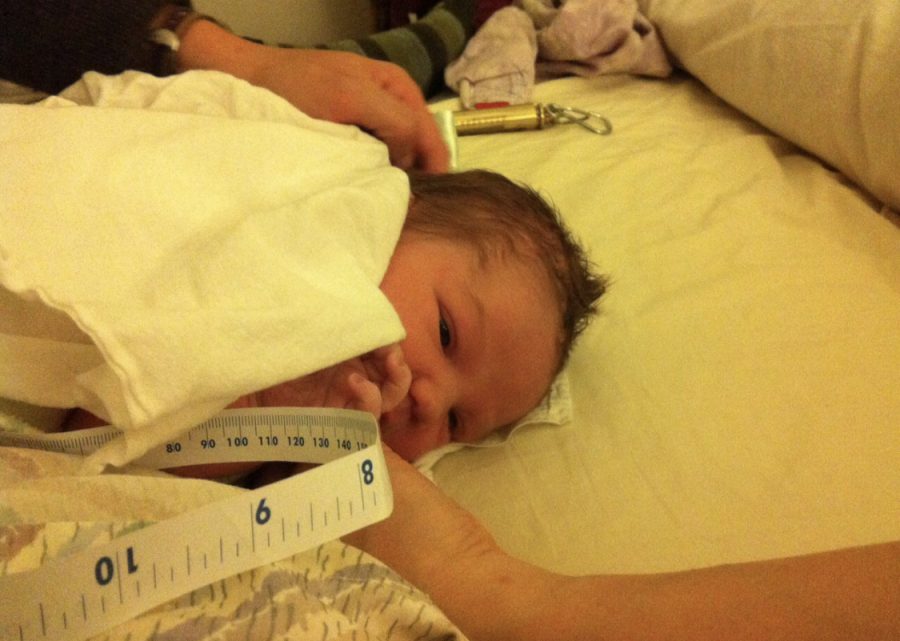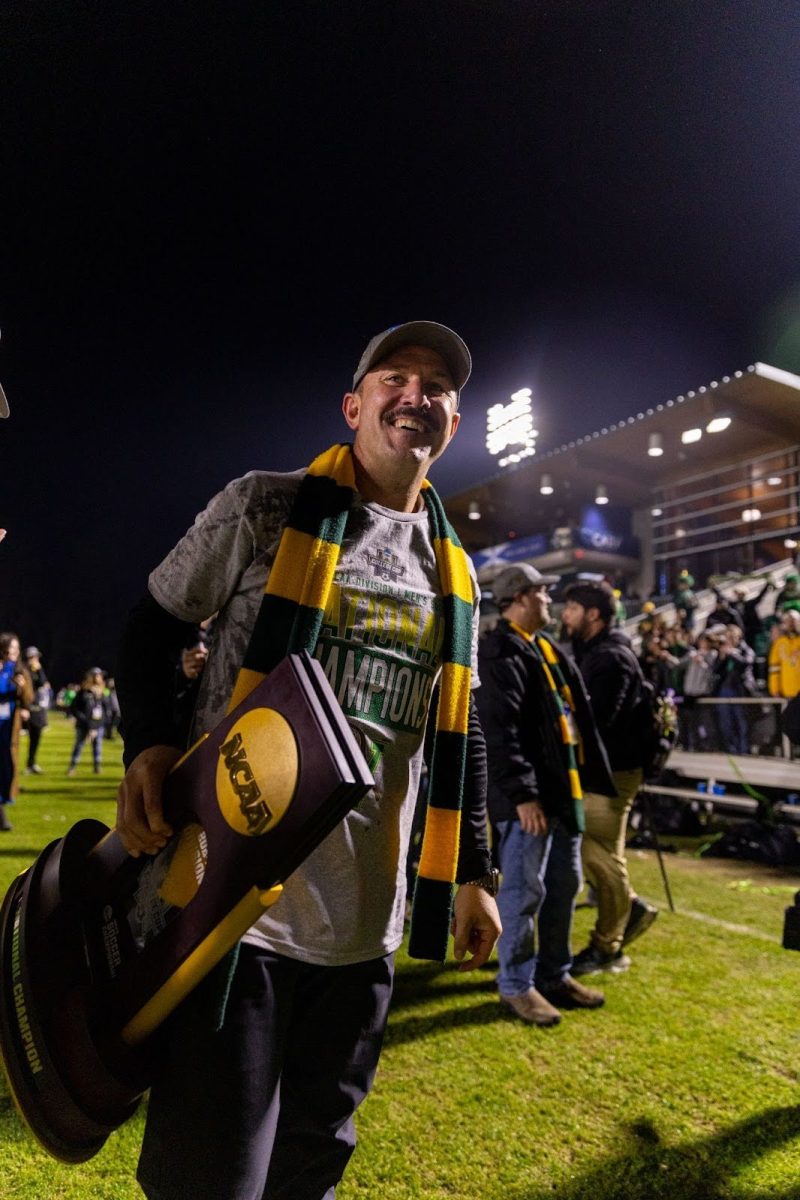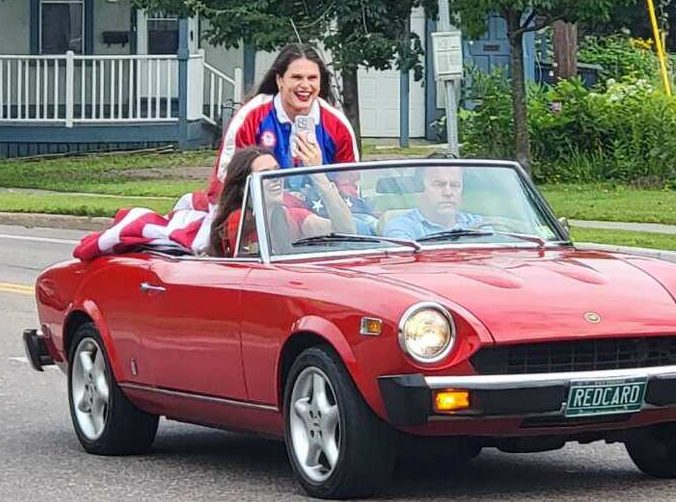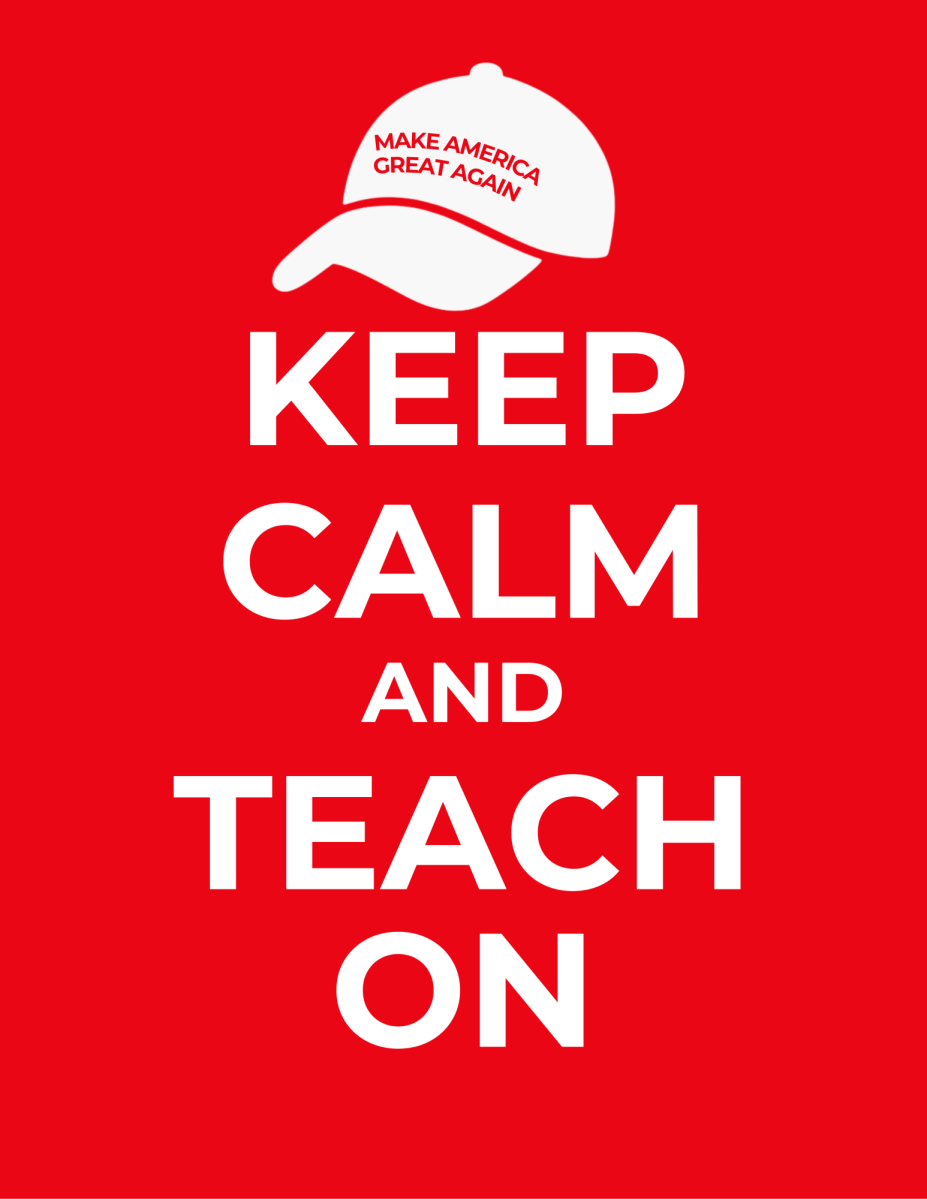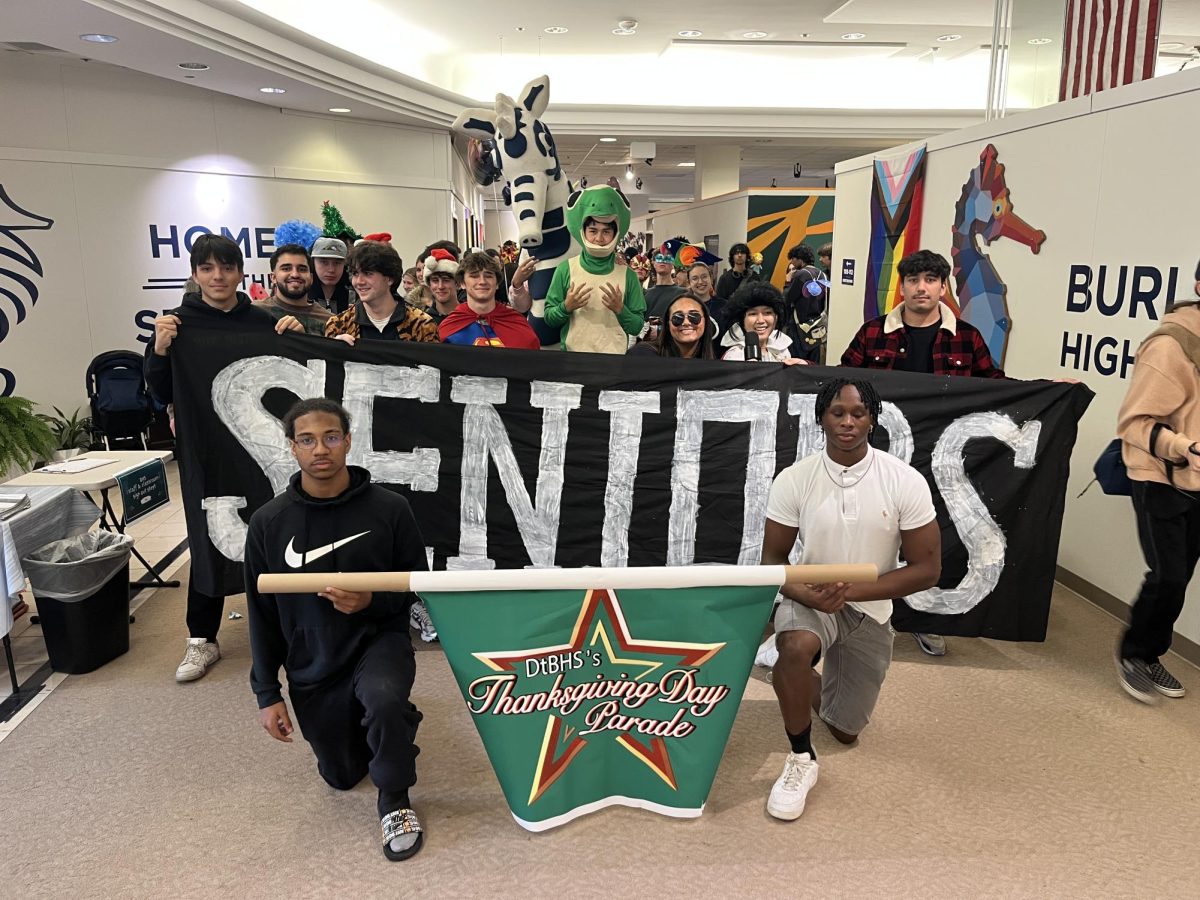In rainy Portland, Oregon a group of seven or so teenagers ages 15-20 arrive for their shift at the Youth Line call center. The teens dubbed “Peer Helpers” are the answerers of a peer-to-peer youth crisis hotline, one of only 6 in America.
Sitting at a desk in front of computers, anonymous teenagers who have completed a 63 hour training answer an average of 54 calls per night using an alias. Portland based Junior Catie Macauley, Peer helper, explains that calls on the line are never predictable and vary in topic and intensity.
“Working on the lines can be anything you can imagine on any giving day, we get everything from suicide call to a 13 year old wanting to ask out a girl he likes,” Macauley said.
Morgan Leets is a shift supervisor at youth line. As a supervisor she is the adult in the room and makes sure each contact runs smoothly. Leets job also includes interviewing and training interested volunteers.
“Anybody who has a passion to help and support others and an openness and willingness to learn how to do that does phenomenal work,”
While teens are answering calls from 4pm-10pm pacific time, off hour calls are answered by Lines of Life volunteers, the non-profit organization that founded and runs Youth Line and the National Suicide Hotline. Leets reports that in 2019 the line reached roughly 19,400 teenagers and young adults.
Friendships amongst peer helpers are not uncommon.
“It’s a really supportive environment in the room. Everyone’s there to help and you can raise your hand and ask for help with a certain call or text and everyone will brainstorm,” Macauley said.
Macauley’s voice shifted to a serious tone when she shared a story of a 13 year old girl dealing with a critical situation.
“Most people call us when they are in some kind of crisis but it is scary when people are in real dangerous immediate crisis”
Teens can make contact with the line Via text or call.
“I thought I would prefer text because you can draft your answers and make them more calculated, but I prefer call because you can hear the people and talk more freely,” Macauley said.
Leets believes that the most rewarding type of call is when the caller and the answerer are able to find a solution, at least temporarily and have good next steps to stay safe.
“We are not necessarily there to save a person’s life but there to help and support them so they can be safe and save their own,” Leets said.
The volunteers often take the role as sidekicks, being there purley as a supportive cheerleader.
“It’s really giving credit where it’s due to the amazing, brave, strong, resilient folks that reach out to our line,
Macauley feels that not only has the youth line made a difference in other people’s lives but it’s helped her in her own struggles as well.
“You’ll get conversations with people who are going through something very similar to something in your life at the moment,” Macauley said genuinely. “It’s nice to be able to work through other peoples problems with skills that you have or to gain skills by learning about what someone else is going through.”
The goal of the line is not to fix the problems that the callers experience but to let them know they are not alone in this world.
“We work really hard to make sure that the experience of our volunteers runs the spectrum of what it means to be a teenager and a young adult today,” Leets said.
You can call youthline anytime of the day at (877) 968-8491.
